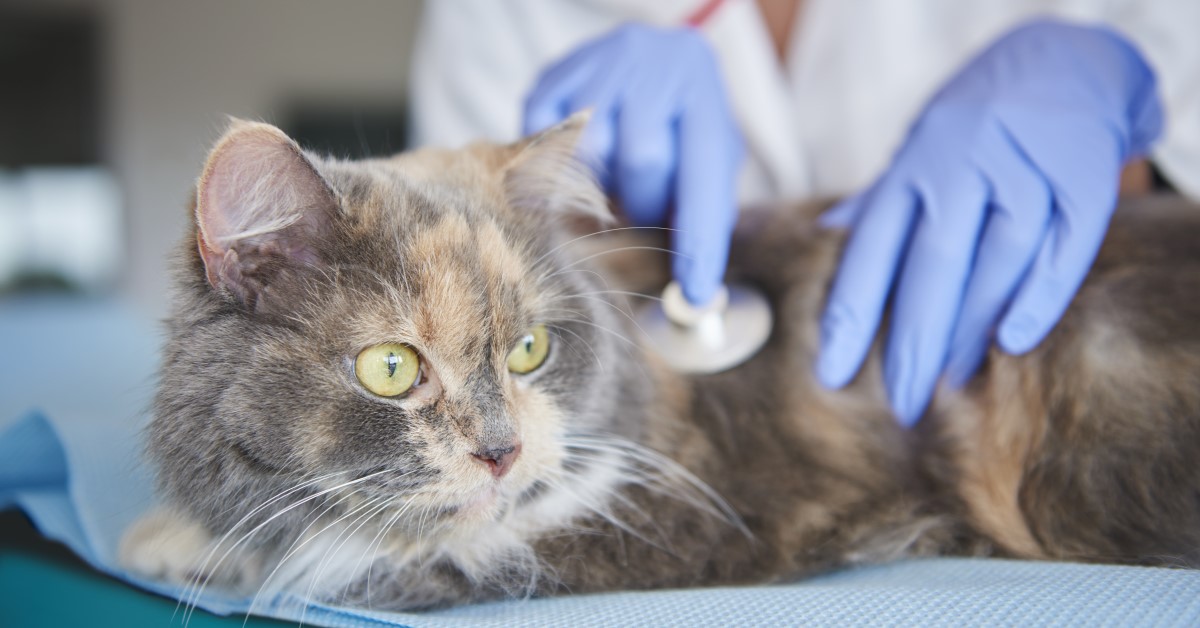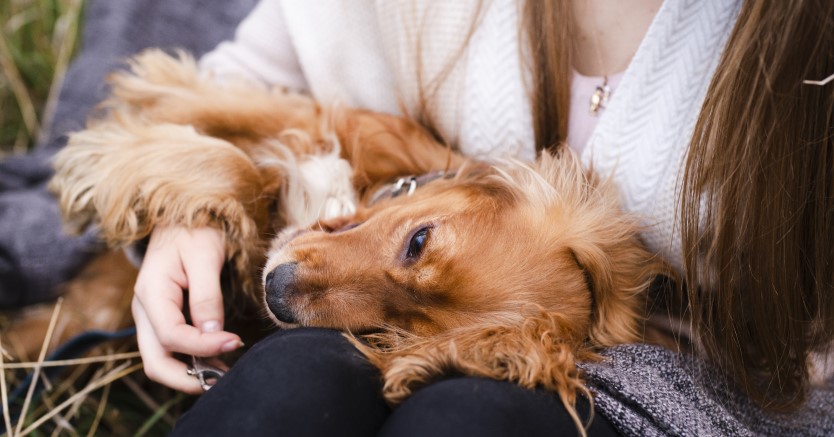Tips for Going Green with Pets
Plenty of pet products will keep your pets happy while keeping the environment safe.

Going green doesn't mean having to give up quality, even when it comes to your pets. Minding the environment means using sustainably produced products, created with little negative environmental impact, and disposed of without polluting the surrounding ecosystem. Recent years have seen a boom in such products for our pets. Most are priced comparably to their non-sustainable counterparts and those that do cost more, tend to last longer.
Poop Bags
Even if your city doesn't charge for every plastic grocery bag you use, their damage to the environment is enough to discourage their use as poop bags for your dog. Roughly 500 years is needed to break down a plastic bag and even then, it's not completely gone. It's simply transformed into a microplastic that continues to poison the environment. Thankfully, there are several options for environmentally friendly poop disposal.
The best products for waste disposal are compostable bags. These break down in about the same time it takes food and other organic materials when in the right environment. If you compost at home or have access to a compost facility, just toss the used bags in and they'll start breaking down naturally, leaving behind no toxins. Even if you don't have access to composting, these bags still break down at the same rate as other organic items in a traditional landfill.
A lot of waste disposal bags claim they're biodegradable, but the Federal Trade Commission requires an item to degrade completely within one year of disposal to accurately carry the term. Since many poop bags are petroleum-based plastics, they won't completely break down by biological means. However, some bags are made to the “ASTM D6400 standard,” which means they will break down at the rate of other compostable material when disposed of in proper compost facilities.
Some bags are marketed as good for the environment solely because they are made from recycled material. This is better than single-use plastic bags, but it likely means that once you dispose of it, the bag will remain in the landfill for centuries.
Pet Toys
Dogs and cats go through toys faster than toddlers sometimes. The key to a good toy is durability. Several products provide it using all-natural, recycled, and recyclable materials.
Hemp toys are a natural option. The sustainable fiber is strong and has been used for centuries to make clothes and rope. Sometimes combined with cotton to make the material softer, hemp toys include ropes, discs, squeakers, and balls. They stand up well to tough chewers and rough players, while also being naturally resistant to bacteria and other microbes. If your dog ever tires of a hemp toy, you can feel good disposing of it, knowing it will break down without harming the environment.
Several companies make pet toys from recycled materials, including plastic bottles, rubber, and clothing. Zogoflex is a proprietary material made from scraps, used molds and below-standard toys that are continually recycled to create more of the plastic blend. It's tough, durable and, of course, recyclable.
Get your cat in on the fun with toys made from recycled materials and filled with organic catnip. Some are washable and can be refilled with catnip to last a long time. Other options are made with wool or cotton, untreated natural cork, and raffia. To save your walls and the environment, get your cat a scratcher made of sturdy, non-toxic cardboard that can be recycled.
Leashes and Collars
The number of leashes and collars available can be overwhelming. Different materials work for different pets, but you can stay eco-friendly while choosing the leash and collar that works best for you and your fur friend.
Is your dog a puller on walks? Consider a leash with spring made from recycled climbing ropes. Bamboo leashes and collars are not only light yet strong, they're also hypoallergenic. Soft and absorbent, bamboo collars dry quickly, making them less prone to odors. Essentially a grass, bamboo grows quickly with minimal water and no pesticides, making it one of the most sustainable fibers you'll find.
Bicycle inner tubes are tough to recycle, often landing in garbage piles. Collars and leashes made from them have removed tons from landfills. The best part? They don't get smelly thanks to the bacterial resistance of the rubber. Another environmental enemy - the plastic bottle – has also been repurposed into collars and leashes.
Cat Litter
Clay and silica-based cat litters, the two most popular forms on the market, are each damaging to the environment both by how they're made and how they're discarded. The mining to obtain the materials hurts ecosystems and water sources and when they're thrown out, they end up sitting in landfills since they aren't biodegradable.
Plant-based litters decompose naturally when discarded. Litter material includes wheat, corn, pine and recycled waste like walnut shells and paper. The right choice for you may depend on your most important needs in a litter: odor-control, how long it lasts and whether it can be flushed.
Corn and paper-based litters offer the best odor-absorption. Odor and clumping are factors in how often you have to discard the litter. Non-clumping litters normally need more frequent disposal as the waste doesn't remain solid. Paper litters don't clump, while wheat litters may but not as well as those made with corn. Corn and wheat litters are both flushable, although wheat needs to soak in water before being flushed.
Other factors to consider in choosing an eco-friendly litter are the litter’s texture or any medical conditions your cat may have. Many wheat litters have a fine texture which appeals to cats but often results in more dust and tracking around the home. Like paper, pine litters are formed into pellets, which many cats adapt to quickly, but pine breaks down into sawdust when wet. This sandier texture is preferred by most felines. Paper litters are recommended if your cat has just had surgery, as it won't irritate the incision site. If your cat has allergies, avoid wheat-based litters.
Ready to start saving money on pet wellness care?
Then take a look at Mint Wellness, the pet wellness plan that provides fast reimbursement on routine pet care. Save on vaccinations, wellness exams, preventatives, dental, and more!
Learn More


